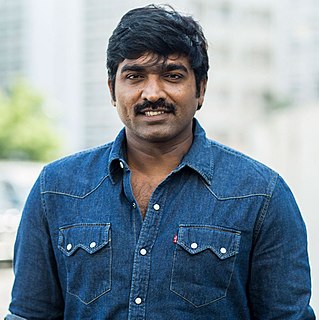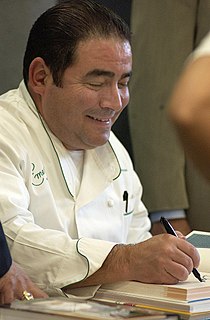A Quote by Alexandra Kleeman
Related Quotes
Secretly in my heart, I believe food is a doorway to almost every dimension of our existence. ... Food never was just food. From the time a cave person first came out from under a rock, food has been a little bit of everything: who we are spiritually as well as what keeps us alive. It's a gathering place, and in the best of all worlds it's possible that when people of one country sit down to eat another culture's food it will open their minds to the culture itself. Food is a doorway to understanding, and it can be as profound or as facile as you would like it to be.
I think America's food culture is embedded in fast-food culture. And the real question that we have is: How are we going to teach slow-food values in a fast-food world? Of course, it's very, very difficult to do, especially when children have grown up eating fast food and the values that go with that.
I think Americas food culture is embedded in fast-food culture. And the real question that we have is: How are we going to teach slow-food values in a fast-food world? Of course, its very, very difficult to do, especially when children have grown up eating fast food and the values that go with that.
A lot of artists are good cooks as I'm too, but coming from a culture that was very concerned with food, I was very interested in that from the start. If you're interested in food, you're interested in lots of different aspects of culture. And it's like being interested in the music from a certain area, or writing, or whatever-food is part of that, too.
I've been really fortunate and I've just tried to focus on the work and getting people to see Mexico, its food and its culture in a slightly different light. It's tricky with Mexican food because a lot of our recipes are so deeply rooted in tradition and Mexican history. That's a heavy responsibility!

































